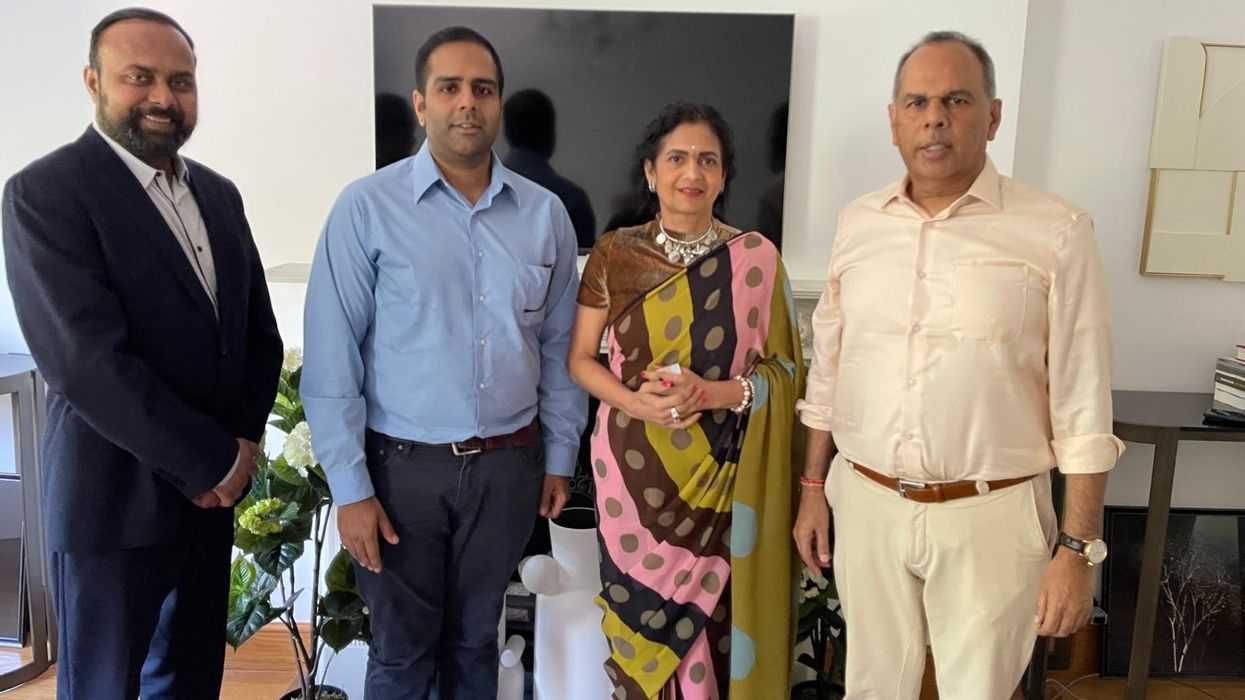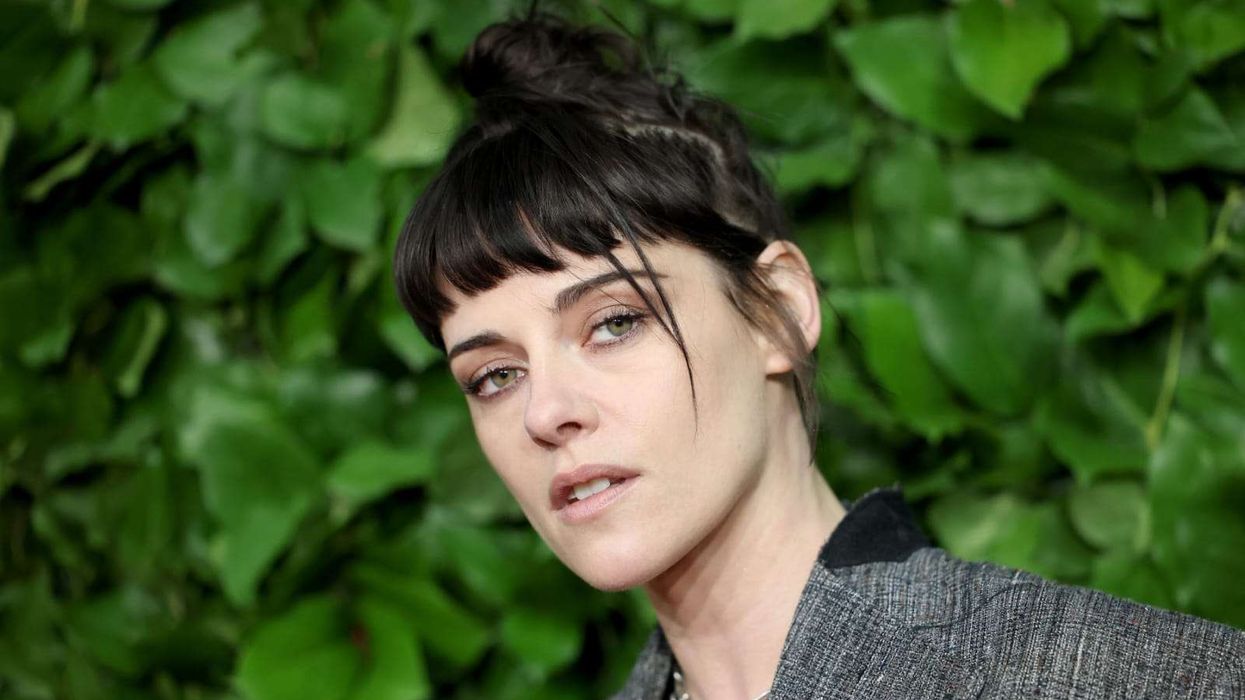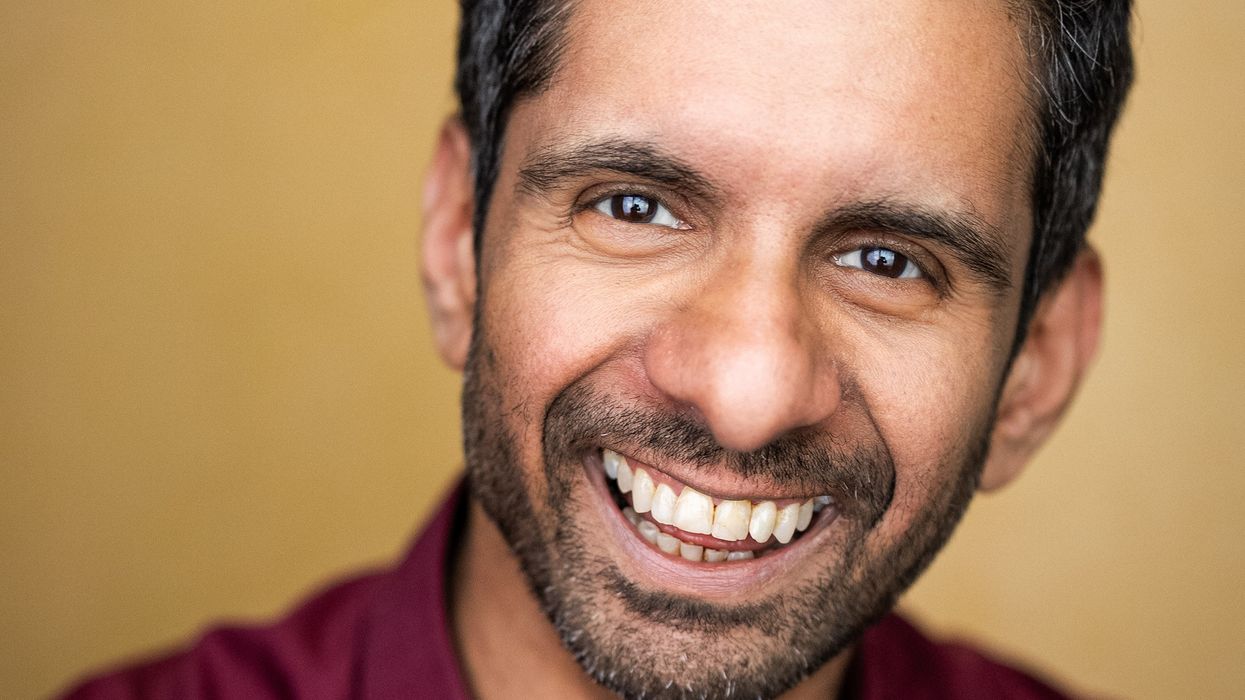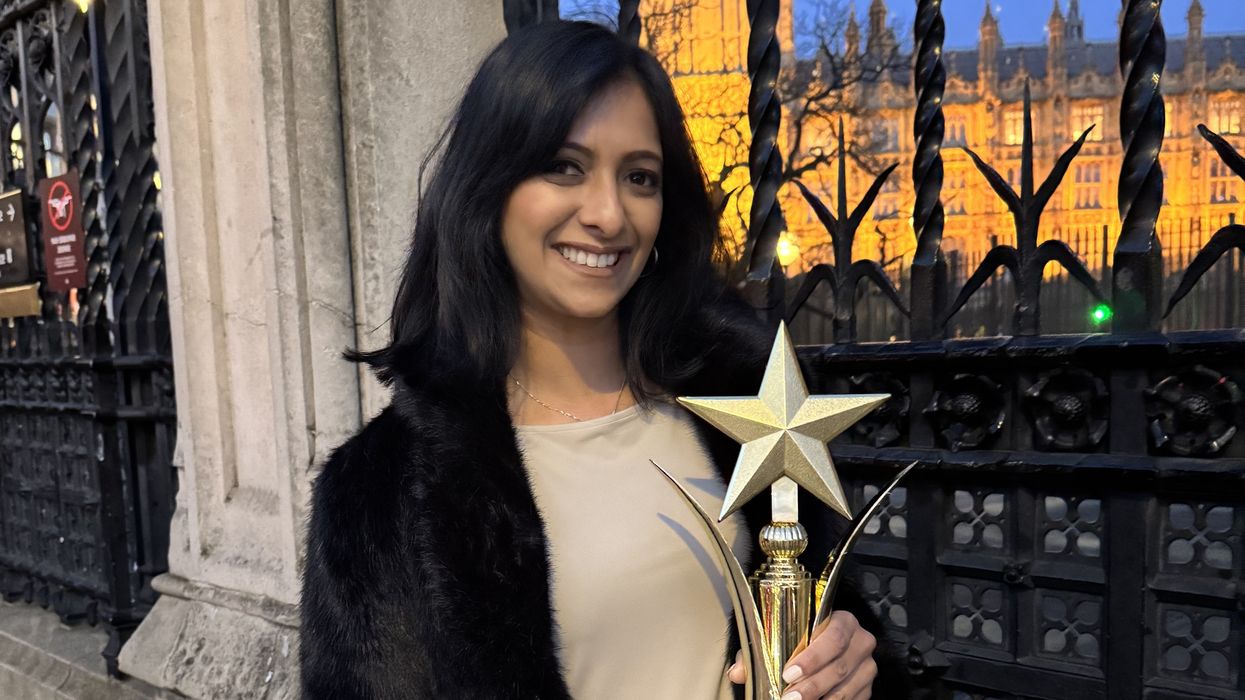In an exclusive interview with Eastern Eye, Kavita Khanna—philanthropist, spiritual leader, and wife of the late actor and parliamentarian Vinod Khanna—speaks with calm intensity about her growing mission in Punjab. From completing her husband’s development work in Gurdaspur to spearheading a grassroots campaign against drug addiction among children, her journey is powered by purpose, compassion, and a deep sense of duty.
What began as a quiet return to the land where she spent two decades alongside her husband has evolved into a full-fledged movement to rescue Punjab’s youth through meditation, sports, and community resilience.
Kavita Ji, it’s an honour to have you with us. What drew you back to public life in Gurdaspur?
Thank you. Gurdaspur has always been close to my heart. I was actively involved for nearly 19 years while my late husband Vinodji represented the constituency in Parliament. After his passing in April 2017, I felt it was my responsibility to complete the work he began.
But when I returned after the COVID pandemic, I was deeply shaken by what I saw. There’s a full-blown drug crisis, especially among children. According to a government survey cited in Parliament, around 6.6 million people in Punjab use drugs—almost a quarter of the state’s population. Shockingly, over 10% of them are children, some as young as ten, addicted to opioids.
This isn’t just a public health issue. It’s a silent war—a proxy invasion targeting our next generation. And it demands an urgent, united response.
You’ve launched several grassroots programmes. What are the pillars of your intervention?
When I returned in 2022, I began working on a government mental health initiative under Azadi Ka Amrit Mahotsav, in collaboration with the Art of Living Foundation. We introduced a one-hour module on meditation and emotional well-being in schools. I personally conducted over 60 sessions, and we reached 600 schools. The impact was immediate—children responded with openness and sincerity.
Meditation and pranayama are not abstract concepts—they’re transformative tools. In environments riddled with trauma and broken homes, these practices offer children strength, stability and hope.
You’ve also brought in sports as a strategic tool to keep children away from drugs.
Yes. In 2023, we started to promote sports as a medium for transformation. We started in Gurdaspur and are now active in 167 villages. Having been a national-level swimmer myself, I know how sport builds discipline, camaraderie, and purpose.
Children who come to play for a couple of hours a day start leading structured, healthier lives. They return home to eat, study and rest. They stay off the streets. Our goal is to scale this up to all 1,200 villages in the Gurdaspur region.
What’s the long-term vision?
We are building a three-pronged model:
- Mental wellness in schools – daily practice of pranayama and dhyana,
- Village-level sports programmes – led by trained local coaches,
- Community engagement – reclaiming public spaces and restoring dignity.
But we cannot do this alone. The scale of the crisis is vast. One-third of households in the region are affected by drugs, according to Punjab’s Director General of Police. The trauma these children carry is immense.
Meditation and sports aren’t luxuries—they are lifelines. And to institutionalise them, we need systemic support.
What would you like to say to the Indian diaspora and well-wishers around the world?
This is not just Punjab’s fight. It is India’s fight. It is a fight for our future—for the soul of our youth. If we lose one generation to drugs, we lose our national strength. So, I appeal to the Indian Diaspora to join this mission.
We are actively looking for:
- Volunteers – psychologists, yoga teachers, sports coaches, educators, and mentors.
- Collaborators – NGOs, schools, and brands who can provide equipment and visibility.
- Donors – to help us build a sustainable organisational structure.
If you represent a foundation or a corporate CSR wing, or even if you’re an individual who cares, your support—financial or otherwise—can have a life-changing impact.
And to you, personally, what does this work represent?
Everything. Vinodji lived a life of transformation—from cinema to the ashram, to Parliament. His legacy was grounded in service, humility, and spiritual depth. The people of Gurdaspur adored him. This is my way of continuing that legacy—not as a political campaign, but as a spiritual and social calling.
This is my dharma. And I ask you to join me. Let’s rise to this challenge—for the children of Punjab, and for the future of India.




